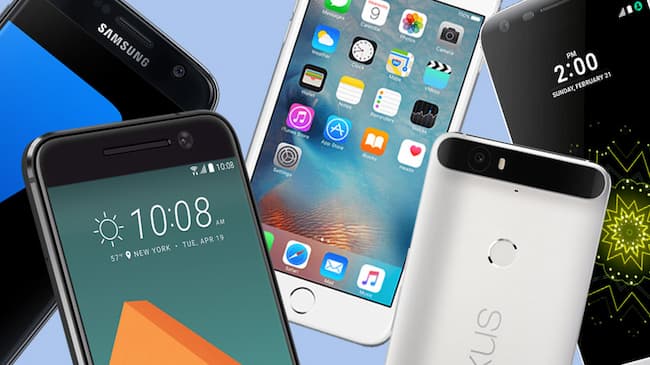A report by a technology and consulting company, International Data Corporation (IDC), revealed that shipments of feature phones into Nigeria dropped by 6.4 percent in the second quarter of 2021.
The report noted, however, that the smartphone market in Nigeria recorded a 2 percent growth in unit terms quarter-on-quarter in the same period.
It added that feature phones made up 51.8 percent of the total shipments into the country in Q2 2021, while smartphones made up 48.2 percent of the remaining share.
Driving growth in the smartphone market in the second quarter of 2021, according to the data by IDC, were phone vendors introducing new phone models, increase in marketing investments, and transitioning to entry-level and mid-range devices.
Dominating the smartphone market were brands including Tecno, Itel, and Infinix, cornering the market with 76.9 percent. Samsung came in second place with 10 percent, followed by Nokia and Xiaomi with 3.7 percent and 2.9 percent respectively.
The sale of smartphones through offline outlets grew by 1.7 percent in the first quarter of 2021, while sales through online media grew by 7.8 percent, despite the preference for offline purchases over online channels.
The data noted, “Feature phones continue to be the preferred secondary device in the Nigerian market, mainly due to slow infrastructure development and the country experiencing constant power outages.”
The competitive challenge brought on by ultra-low-end smartphones, falling below $100 – reduced the shipment figure of feature phones.
“The major players in the feature phone space in Q2 2021 were Tecno with 45.8% unit share, Itel (35.1%), and Nokia (12.7%),” the data said.
READ ALSO: Bayelsa Ranks High In Beauty-Related Searches On Google
Speaking on the data, a research analyst with IDC, George Mbuthia, said, “With reduced consumer purchasing power due to the repercussions of the COVID-19 pandemic, the entry-level <$200 segment of the smartphone market continued to lead the way in Q2 2021 with 86.7% unit share.
“The affordability of these models, together with improvements in core features such as larger storage, better battery life, and bigger screen sizes, led to an increase in sales during the quarter. Transsion and Samsung were particularly successful in capturing greater market share by launching new models into this rewarding market segment.”
Projecting a drop in the mobile phone market in Nigeria, the IDC data stated that there could be a 7 percent drop quarter-on-quarter in Q3 2021, while feature phone shipments are expected to fall by 6 percent and smartphone shipments by 8 percent.
A senior research manager at IDC, Dr. Ramazan Yavuz, explained, “The global chip shortage will also affect the market, although there is still uncertainty over the scale of its impact.
“Despite the anticipated negative impact of the chip shortage, the Nigerian market will rebound somewhat in Q4 2021, with demand spurred by Black Friday and the festive period in November and December.”












